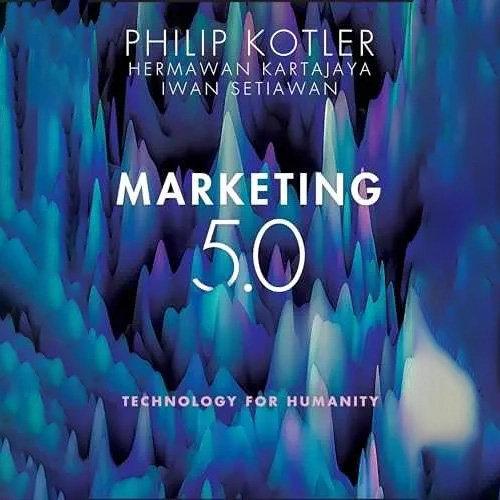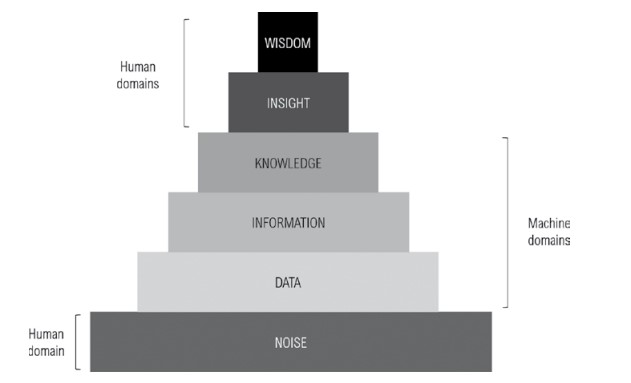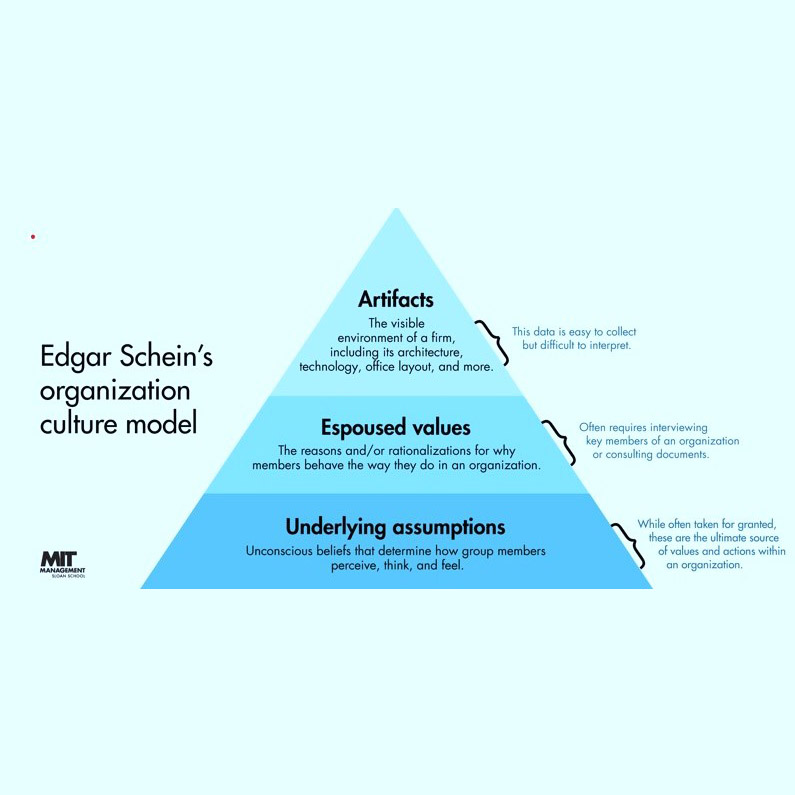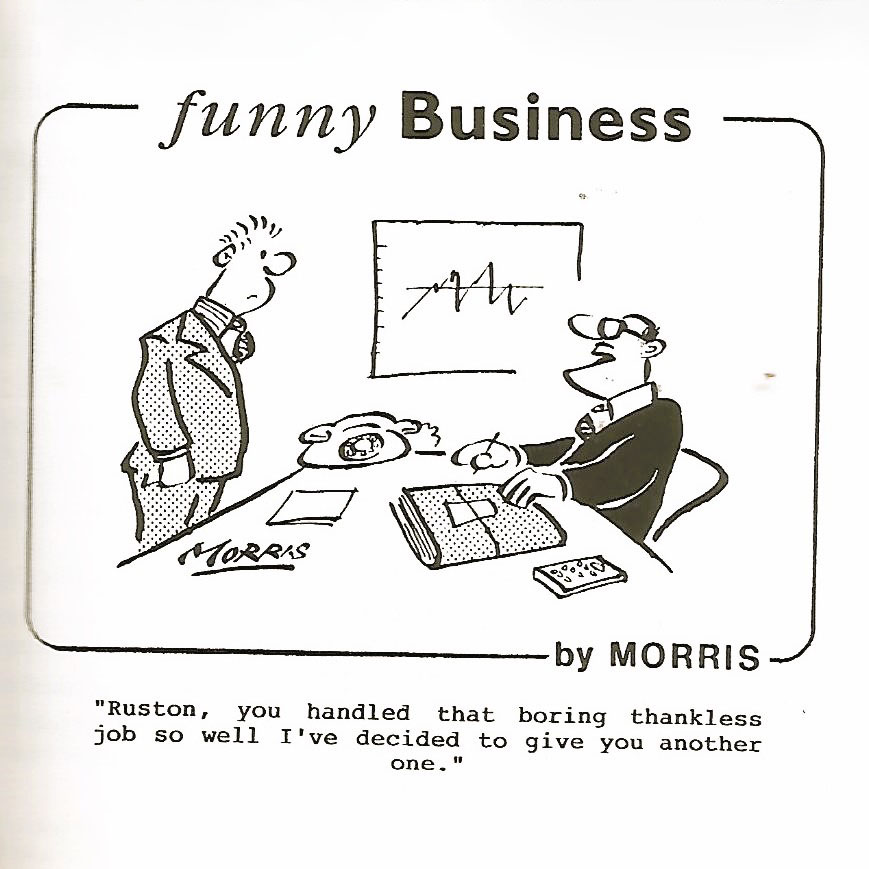Edited Excerpts from insightful books
Do people matter in a world being swept by AI? How can people in sales and marketing continue to be relevant to their Customers? This fascinating, edited excerpt from the book Marketing 5.0 Technology for Humanity by Philip Kotler, Hermawan Kartajaya and Iwan Setiawan offers some powerful pointers
Machines are Cool but Humans are Warm
What separates people from computers – The DIKW Hierarchy
A key factor that defines the distinction between people and computers is the ability to handle information. There is an order in knowledge management known as the DIKW hierarchy: data, information, knowledge, and wisdom. Partly inspired by the play The Rock by T. S. Eliot, there have been numerous versions from different authors. We use a six-tier model by adding noise and insight into the DIKW framework
Data, information, and knowledge are the established domains of machines. Computers have become extremely good at processing disorganized data into meaningful information with speed and almost limitless capacity. The new resulting information is then added to a reservoir of related information and other known contexts to develop what is called knowledge. Computers organize and manage this wealth of knowledge in their storage and can retrieve it whenever needed. The quantitative nature and large volume of processing make machines ideal for this sort of work.

Fuzzy elements of Noise, Insight and Wisdom
On the other hand, the three somewhat fuzzy and intuitive elements (noise, insight, and wisdom) are within the human realm.

Noise and the need for human intervention in filtering it
Noise is a distortion or deviation in data and can be a major distraction when grouping the data in structured clusters. An example of this is an outlier, which computers can quickly identify as a significant deviation from other datasets. But an outlier can either be a valid variability or an error. And the only way to determine it is through a subjective judgment based on an understanding of the real world.
This is where humans— businesspeople instead of data scientists—play a role in deciding whether to keep or filter out the outlier. Human judgment in filtering the noises is vital. In some instances, insights can be found by discovering anomalies, in other words, the outlier data ….
….. The qualitative aspect of finding insights, beyond well-established knowledge, is best suited to humans’ instinctive nature.
Wisdom, a human virtue challenging for machines to imitate
At the top of the hierarchy, there is wisdom, which is perhaps the most challenging virtue for machines to imitate from humans. It helps us make the right decisions with a mix of unbiased views, good judgment, and ethical considerations. No one knows exactly how we develop wisdom throughout our lives. But most people would agree that wisdom comes from a wealth of practical—not theoretical—experiences. In other words, humans learn from both the positive and negative implications of their past decisions, and over time their wisdom sharpens. Unlike in narrow machine learning, the process is very broad, covering all aspects of human lives.
In the area of market research, computers will help marketers to process information and create market simulation models. But at the end of the day, marketers need to use their wisdom to draw actionable insights and make the right call.
Often, humans are required to override AI-recommended decisions.
Story of the off-loaded doctor
A case in point is the airline incident involving David Dao, who was forcibly removed from a United flight in 2017. Four passengers had to leave to make room for airline personnel who urgently needed to board the aircraft. A revenue-maximization algorithm identified Dao as one of the passengers to get bumped due to his “least valuable” customer status—evaluated based on frequent flyer tier and fare class. A significant fact that the computer failed to recognize is that Dao is a doctor who needed to see his patient the following day. Carelessly following the computer bias without using empathy would often lead to the wrong decision.
The rough handling of the situation also undermined the importance of human touch in Customer Experience
“External things are not the problem. It’s your assessment of them. Which you can erase right now.”
– Marcus Aurelius –

Sales Professional’s Toolset
Sales Culture Components: Applying Edgar H Schein’s Model to Assess Sales Culture in an Organisation

Must Read
Do people matter in a world being swept by AI? How can people in sales and marketing continue to be relevant to their Customers?




